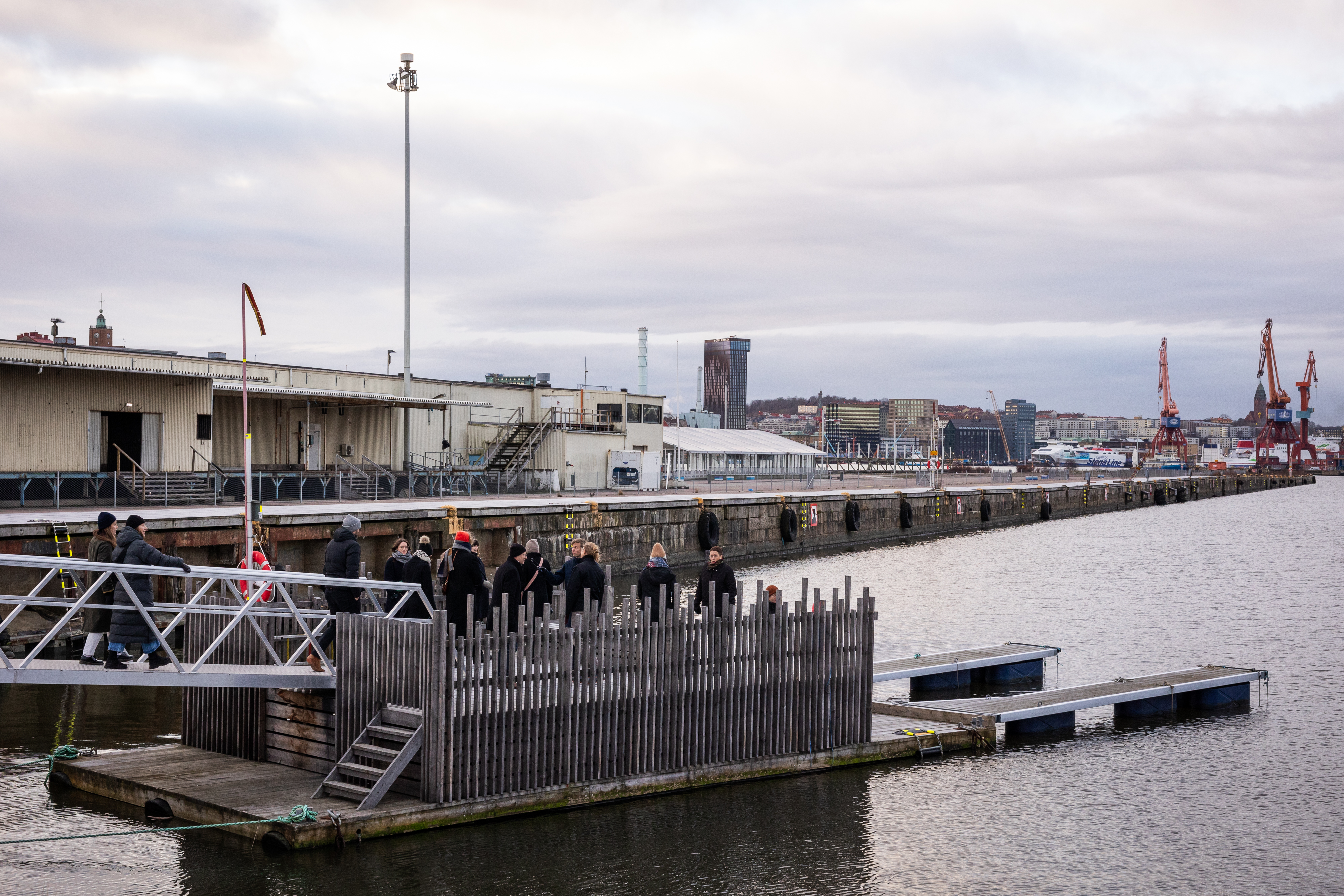
How multilevel governance can transform European cities
This question lies at the heart of discussions on the transformative potential of multilevel governance. Multilevel governance is a powerful driver for strengthening economies, achieving environmental goals and improving community well-being. Practical cases from cities show that linking levels of governance can drive innovation and strengthen regional resilience. By developing partnerships that amplify local strengths, EU cities can address critical challenges for Europe while providing concrete frameworks for collaborative growth.
Why multilevel governance?
Multilevel governance allows collaboration across cities, regions, and sectors when local solutions address complex problems in their region. Both multilevel governance and a multistakeholder approach are also key operational areas for cities, identified as priorities by EU urban practitioners, in the EUI Forward Looking Survey, and highlighting their relevance in building effective and resilient urban frameworks.
The key principles of multilevel governance are the following:
- Shared leadership and ownership: Multilevel governance is strongest when different partners contribute unique strengths while sharing a common vision.
- Trust and commitment: Trust provides the basis for agreements. Through contracts or pledges involving political and business leaders, the regions can secure a continuous commitment across sectors.
- Efficient, value-driven and flexible approaches: Successful governance models add value at all levels, avoiding unnecessary bureaucracy and promoting organic partnerships to meet local needs. Local solutions require adaptability, not a one-size-fits-all model.
- Inclusivity for stronger policy outcomes: Collaboration between different sectors of government, private, and community enhances decision-making processes with respect to inclusive and representative policy development.
Practical cases of multilevel collaboration
Four examples from all over Europe of how multilevel governance brings innovation and resilience to city-region partnerships:

Knowledge-intensive growth strategy of Bilbao
1. Knowledge-intensive growth strategy of Bilbao
The development agency Bilbao Ekintza drives the economic growth of the Spanish Basque Country by connecting government, business, and academia for knowledge-intensive services development under the RIS3 Basque Country Strategy 2030. Their collaborative leadership approach emphasises shared leadership and a sharp regional vision to enhance competitiveness and community ownership.

Brussels' climate action framework
2. Brussels' climate action framework
In the context of the NetZero Cities EMPOWER project, Innoviris, the innovation agency of the Brussels Capital Region, and the local municipalities support energy independence by means of energy-sharing projects. This informal starting point of collaboration has grown into a structured framework that responded to the climate needs while responding to local flexibility.

Brussels' climate action framework
3. Cross-border innovation in Kvarken Region
Umeå from Sweden and Vaasa from Finland, as part of a European Grouping of Territorial Cooperation in Northern Europe, are collaborating in the Aurora Botnia Ferry project with the objective of improving cross-border infrastructure. It is also called a "living lab" that connects both cities through shared infrastructure projects which solve regional needs while fostering innovation.

Hauts-de-France's resilient specialisation strategy
4. Hauts-de-France's resilient specialisation strategy
Hauts-de-France is developing a resilient economic base through its Smart Specialisation Strategy by connecting sectoral strengths across cities and regions. Their multilevel governance framework nurtures local resilience because it ensures collaboration at levels that meet regional needs.
Beyond these examples, many other inspiring practices and experiences demonstrate the transformative potential of multilevel governance in action.
Two key ingredients for effective multilevel governance
Essential components of effective multilevel governance were identified from the review of the above cases:
- Organic growth and flexibility: Successful models began with informal agreements and later adopted formal structures as needs evolved. This organic growth allows governance models to adapt to changing local priorities.
- Encouraging diverse participation: Broad representation across public, private, and civil sectors enhances policy outcomes. Including diverse voices ensures that policies address a wide range of needs and strengthens community trust.
A powerful tool for a resilient future
Multilevel governance is not just a framework; it is a powerful tool for inclusive, resilient growth. By fostering collaboration across governance levels, cities and regions build a more innovative and sustainable Europe, proving that, in addressing complex challenges, shared governance can make a profound difference. Frameworks, such as the JRC Handbook on Territorial and Local Development Strategies and the Smart Specialisation Strategy framework for multi-level innovation, offer additional insights into the foundations of multilevel governance and its role in sustainable urban development.
Background information
This articles builds on the knowledge gained during the EUI Capacity-Building event ‘Leveraging Innovation Ecosystems for Sustainable Cities’, and the Capacity-Building workshop at the European Week of Regions and Cities 2024.
